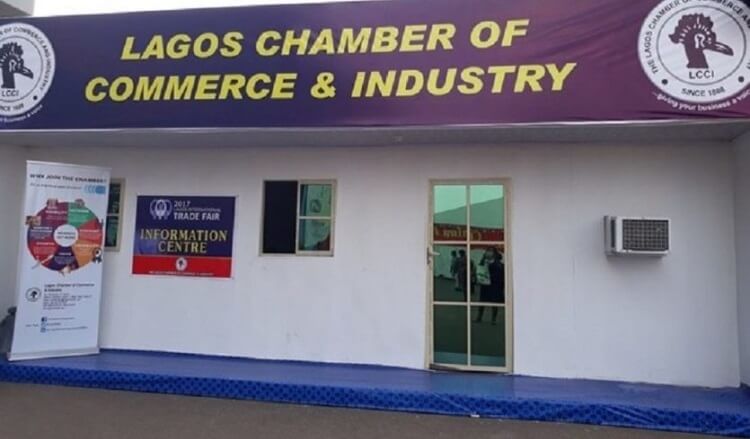The Lagos Chamber of Commerce and Industry has said that disunity among policymakers has continued to worsen the uncertainties as well as dampens investor confidence in the Nigeria investment community.
The President, LCCI, Toki Mabogunje disclosed this at the chamber’s quarterly press conference on the state of the economy.
Advertisement
She stated that the activities of policymakers send a negative signal to the investment community as well as hampering investors’ confidence.
She expressed concerns over the opposing stands of both the fiscal and monetary authorities regarding the country’s foreign exchange framework.
“Lack of cohesion among policymakers sends a negative signal to the investment community, worsens uncertainty, and further dampens investor confidence.
“It is critically important for policymakers to harmonise the multiple exchange rates into a single market-reflective rate, which is imperative in strengthening investor confidence and engendering macroeconomic stability,” she said.
Advertisement
Speaking further, Mabogunje said that promoting clear and concise foreign exchange policy is critical in attracting the needed private investments, adding that unified exchange rates would also complement CBN’s effort in enhancing liquidity at the supply segment of the foreign exchange market.
She said, “Meanwhile, many investors in the economy, including those in the real sector, are lamenting the difficulties in accessing foreign exchange for importation of raw materials, equipment and some critical inputs for production and processing. This is in spite of the notable recovery in crude oil prices.
“This situation is taking a huge toll on capacity utilisation, business turnover, sales, and profitability. Sustainability of some of these investments are currently at risk with dire implications for retention of jobs.
“The Chamber wants this privilege to be extended to other sources of foreign inflows, especially export proceeds”.
Mabogunje, said that the continued uptick in inflation has profound implications for all stakeholders in the economy including households, businesses, and investors, as it weakens purchasing power and consequently worsens the poverty conditions of the people.
Advertisement
“It escalates operating and production costs and erodes profit margins, and ultimately undermines investors’ confidence.
“Galloping inflation complicates the pursuance of the price stabilisation mandate of the CBN even at a time the bank is deepening its intervention efforts to boost credit flows to the real economy,” she added.



